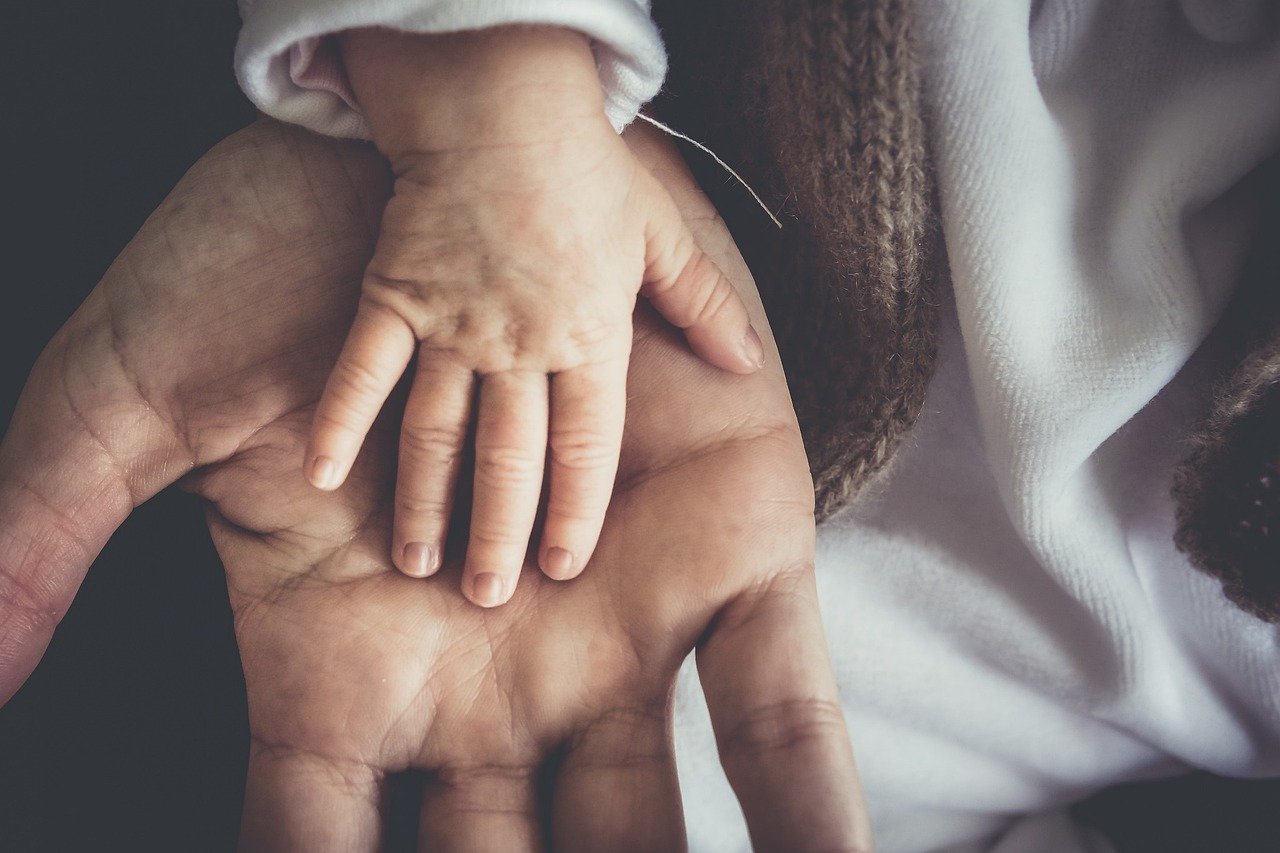How Does Parents’ Divorce Mentally Affect Their Children?
Table of Contents
Table of Contents
New Delhi | December 19: According to a report from the National Survey of Children’s Health, one of every three children under the age of 19 faces adverse childhood experience (ACE) and 14% experience two or more ACEs. Now, what are the possible reasons? Yes, the need for the fulfilment of basic necessities (clothes, food, education, and housing) is the most common and known reason, but the world and its problems are bigger and unlimited.
Divorce – Definition Beyond Meaning
Divorce, an often overlooked topic in India, which people avoid discussing, has affected numerous lives. When we say the word ‘divorce’ it does not necessarily mean legal separation, as in the Indian context, separations do happen without legal consequences and the impact has a similar intensity. Do you know that India’s divorce rate is as low as 1%? This is not because marriages succeed, it’s because ‘log kya kahenge’. Yes, societal pressure indeed is one of the main reasons behind low divorce rates.

Children – Unknown Individuals Gets Affected Most
When the separation happens, there is an emotional and mental impact on the child. Divorce can be a tumultuous experience for all involved, particularly for children who may not fully comprehend the reasons behind the separation. The mental effects on children can vary widely and are influenced by several factors, including their age, personality, and the circumstances of the divorce itself. Children may experience a range of emotions during their parents’ divorce. Younger children might struggle with understanding why one parent is no longer around as much, while adolescents may grapple with loyalty conflicts and feelings of betrayal.
What Actually Happens?
Emotional Turmoil: Children of divorced parents often experience a whirlwind of emotions ranging from sadness and confusion to anger and anxiety. Witnessing their parents’ relationship crumble can shatter their sense of security and stability, leaving them feeling vulnerable and uncertain about the future.
Feelings of Guilt and Self-Blame: Children often internalize their parents’ divorce, believing that they are somehow responsible for the breakdown of the marriage. They may harbour feelings of guilt or self-blame, wondering if they could have done something differently to prevent the separation.
Conflict and Turbulence: Children may find themselves caught in the middle of their parent’s disagreements, forced to take sides or navigate the complexities of divided loyalties. The constant exposure to conflict can be incredibly distressing for children, leading to increased stress and feelings of helplessness.
Loss of Family Unit: For many children, the family unit serves as a source of stability and support. The dissolution of their parent’s marriage can feel like the loss of this foundational structure, leaving them feeling adrift and disconnected.
Fear of Abandonment: Divorce can trigger a deep-seated fear of abandonment in children, especially if one parent moves out of the family home or if custody arrangements limit their time with both parents.
Academic and Behavioural Challenges: The stress and emotional upheaval of divorce can take a toll on children’s academic performance and behaviour. Studies have shown that children of divorced parents are more likely to struggle in school, exhibit disruptive behaviour, and engage in risky activities compared to their peers from intact families.
Long-term Psychological Effects: Research suggests that children of divorced parents are at a higher risk of developing mental health issues such as depression, anxiety, and substance abuse later in life. The trauma of divorce can shape their worldview, influencing their beliefs about love, commitment, and relationships.
How to Cope With It?
Open Communication: Encourage open and honest communication with your children about the divorce. Reassure them that they are not to blame and that they are loved unconditionally.
Provide Stability: Establish routines and boundaries to create a sense of stability and predictability in their lives. Maintain consistent contact and involvement in their day-to-day activities.
Seek Support: Consider seeking support from a therapist or counsellor who specializes in working with families going through divorce. Professional guidance can help children and parents navigate their emotions and develop coping strategies.
Co-parenting Collaboration: Work together with your ex-spouse to prioritize your children’s needs and minimize conflict. Keep communication respectful and focused on the well-being of your children.
Encourage Expression: Allow your children to express their feelings and concerns openly without judgment. Validate their emotions and provide reassurance that it’s normal to feel a range of emotions during this challenging time.
Follow on: Instagram- https://www.instagram.com/thejhuthnews/
Follow on: Twitter (X)- https://x.com/Thejhuthnews
Follow on: Facebook- https://www.facebook.com/profile.php?id=61560353206985
Discover More from The Jhuth News:-
Top 5 Religious Zodiac Signs
दिल्ली चुनाव 2025: ब्रेकिंग: आखिर कब होंगे दिल्ली मे चुनाव? चुनाव आयोग का बड़ा फैसला
Latest News: मैं अमीर होने के लिए शतरंज नहीं खेल रहा, गुकेश (2024)

























